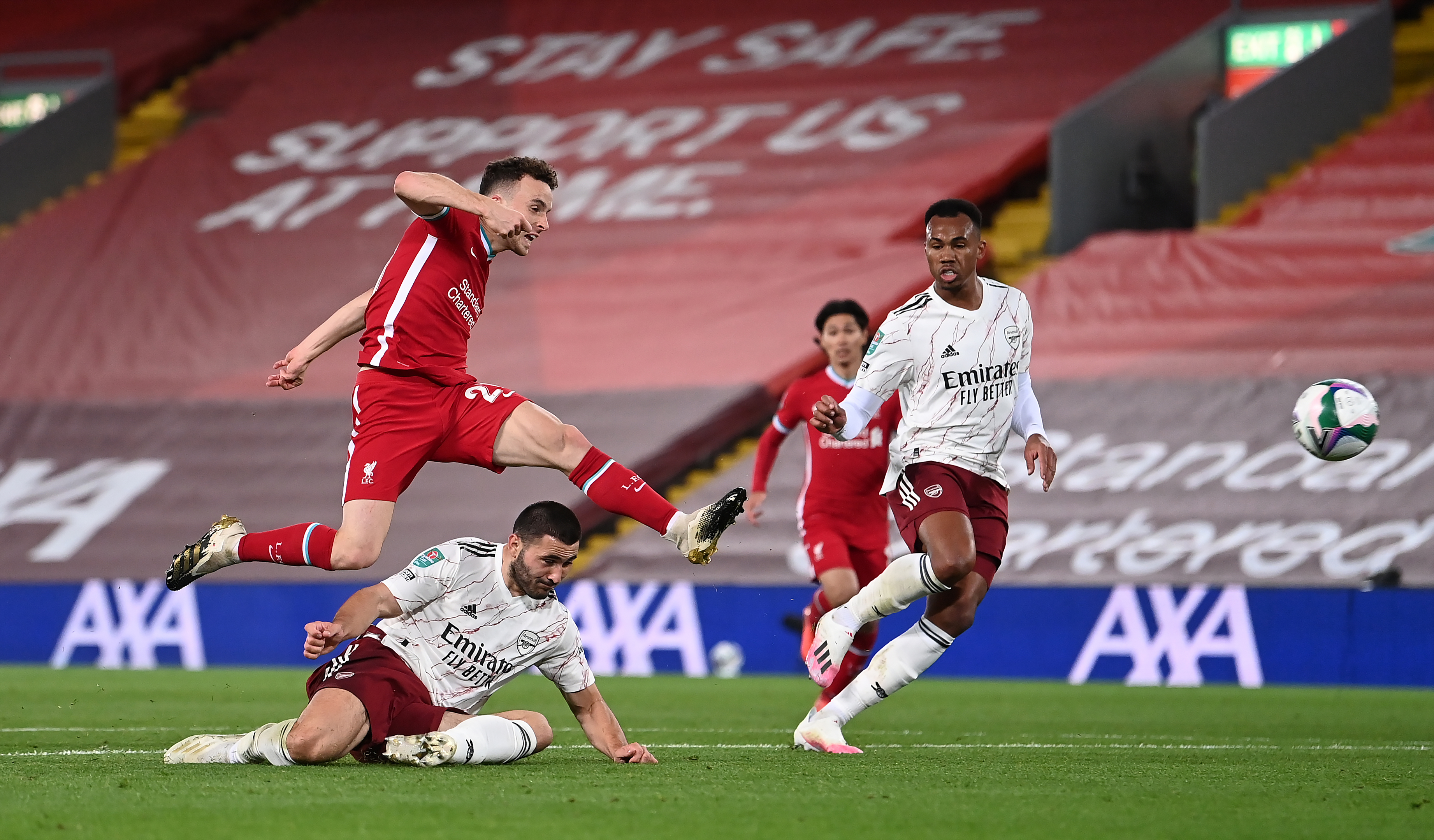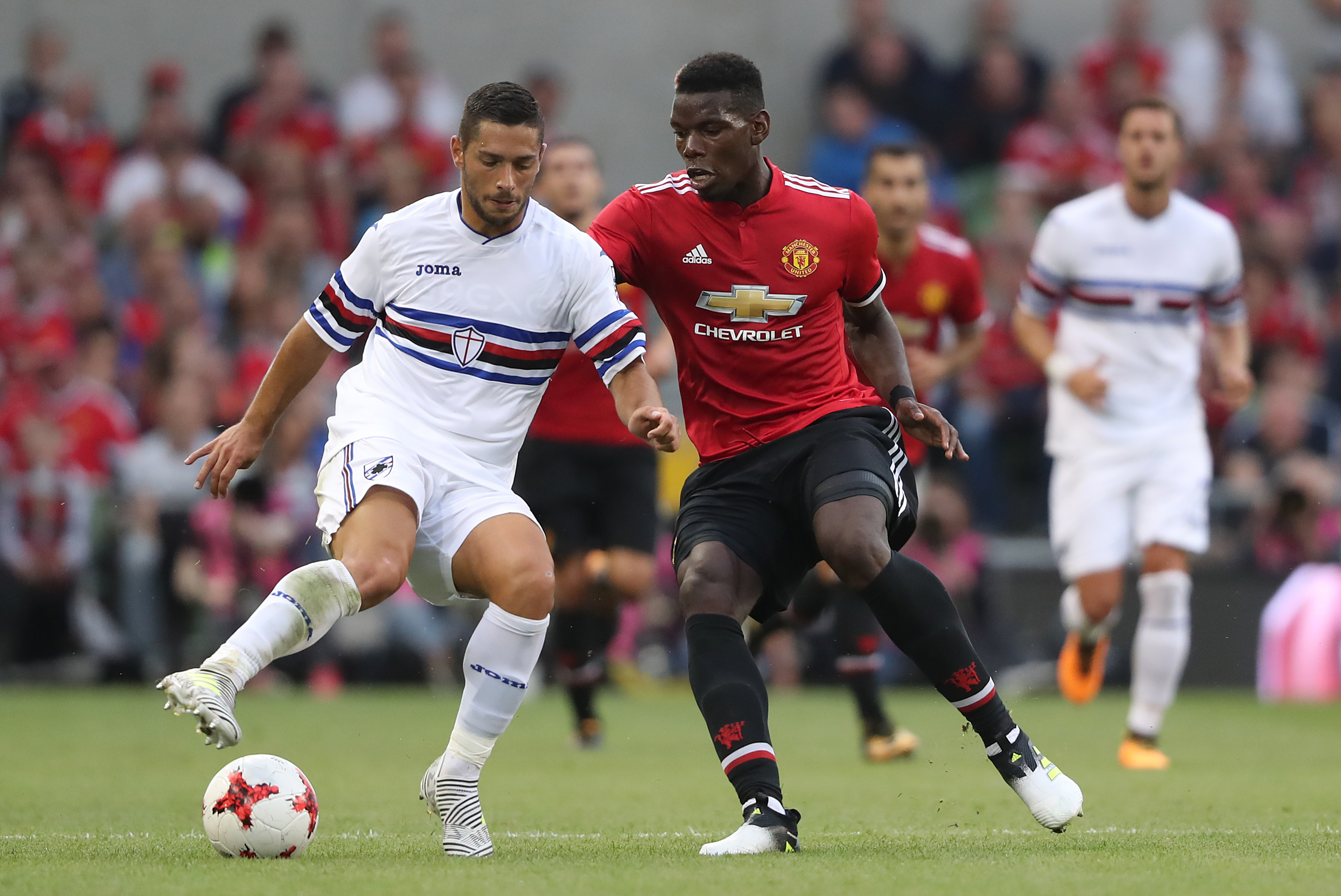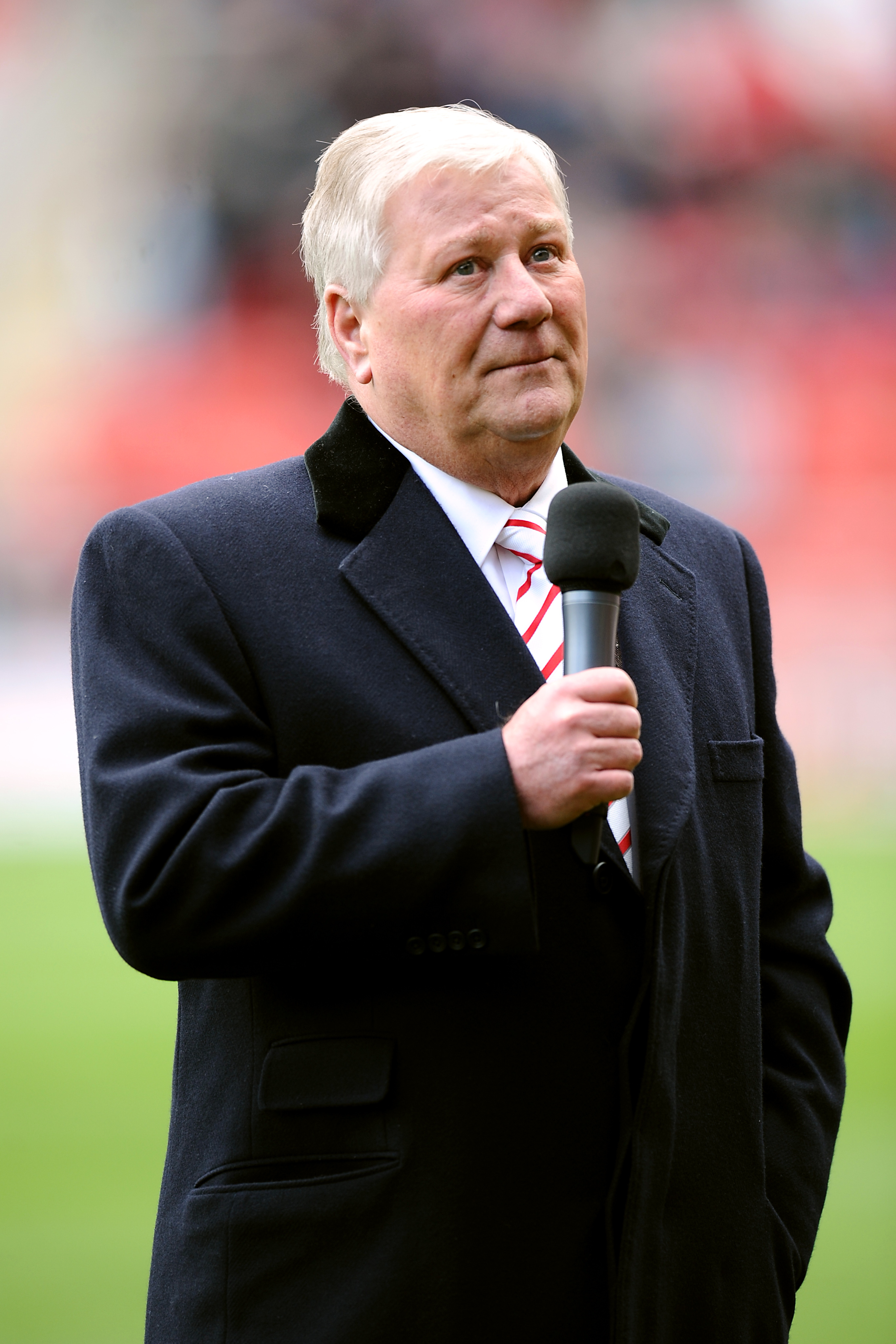The key questions as Project Big Picture is rejected by Premier League

The revolutionary plans contained within Project Big Picture were rejected by Premier League clubs on Wednesday.
The highly controversial proposals, developed by Liverpool and Manchester United and supported by EFL chairman Rick Parry, would have represented the most significant changes to the English football pyramid in over a quarter of a century.
Here, the PA news agency takes a look at the key debates.
What has the Premier League said?
Premier League Shareholders agreed to work together as a 20-club collective on a strategic plan for the future structures and financing of English football— Premier League (@premierleague) October 14, 2020
Project Big Picture has been rejected by Premier League clubs, who will instead work together on a “strategic plan” to find a new way forward for English football. A rescue package has also been agreed to help League One and League Two clubs, the offer consisting of grants and interest-free loans totalling a further £50 million on top of the £27.2m solidarity payments already advanced.
Just what was being proposed?
EFL statement: Clubs discuss Project Big Picture proposals.#EFLhttps://t.co/yIFBNhR0rk— EFL Communications (@EFL_Comms) October 13, 2020
PBP proposed to make immediate emergency funding of £250million available to EFL clubs starved of matchday income by the coronavirus pandemic and a further £100million to the Football Association. It also laid out a redrawing of the revenue distribution model under which the EFL would receive 25 per cent of future Premier League broadcast earnings. Changes to the structure of the Premier League itself – both in the number of teams, but also crucially how it is governed – were also a key term, which would have concentrated power in the hands of the so-called ‘big six’.
Get FourFourTwo Newsletter
The best features, fun and footballing quizzes, straight to your inbox every week.
Why did Parry back it?
Better funding and end of parachute payments are two big things that come from this plan. Positive changes. https://t.co/QAtZTRzRZG— Dale Vince (@DaleVince) October 12, 2020
Aside from the immediate salvation the plan offers to his competition, Parry believed PBP would reduce the gap between the Championship and the Premier League in terms of funding and ensure the long-term sustainability of the EFL.
So was it all just about a power grab by the Premier League’s ‘big six’?

The PBP plans set out how the nine longest-serving clubs would have a greater say on a range of governance issues, including broadcasting deals, cost control measures such as Financial Fair Play and even the ownership of other clubs. The big six would also stand to benefit most from proposals to sell eight matches a season direct to overseas fans, and from a reduction in the existing calendar to enable them to play more games in expanded European competitions and lucrative friendlies.
What was the view of the EFL clubs?
We must not link short term cash flow help for the EFL with radical structural changes. Everyone agrees change needs to happen but there must be proper stakeholder engagement – including the supporters and ALL clubs. It can’t be rushed due to a gun to the head.— Nicola Palios (@NicolaPalios) October 13, 2020
Many welcome the proposed change to the revenue share agreement, but concerns have been expressed – publicly by Tranmere co-owner Nicola Palios – over how that can be set in stone when the Premier League’s biggest clubs would have control over matters concerning broadcast contracts.
What about the FA?
The @FA Chairman, Greg Clarke, has written to The FA Council members ahead of their October meeting. Full letter: https://t.co/pMVZkSb7Cp. pic.twitter.com/FlCmoVSkl0— FA Spokesperson (@FAspokesperson) October 13, 2020
The Premier League said in Wednesday’s announcement that the FA would also not be endorsing or pursuing PBP. It had been suggested the national governing body was ready to use its ‘golden share’ in the Premier League to veto the proposal if it were put on the table. FA chairman Greg Clarke had said on Tuesday any change “must benefit clubs, fans and players; not just selective balance sheets”, while he also called for “unity, transparency and common purpose” which should “override the interests of the few”. Clarke is set to face questions surrounding the way forward from members of the governing body’s council on Thursday.
What does the Government say?
Both Prime Minister Boris Johnson’s official spokesman and Culture Secretary Oliver Dowden have described PBP as being a “backroom deal”. On Wednesday morning, Dowden appeared before the Digital, Culture, Media and Sport committee where he urged Parry to “stop being distracted over this latest wheeze” concerning the controversial plans and instead focus on talks with the Premier League to secure a rescue package for his competition. Dowden described the blueprint as ‘Project Power Grab’ and reiterated that a fan-led review of the game’s governance would have to be brought forward “imminently” if the leagues could not settle their differences.
So is this the end of the matter?

Unlikely. The EFL have yet to publicly respond following Wednesday’s announcement by the Premier League. There have been stark warnings from the likes of Rotherham chairman Tony Stewart that clubs are close to collapse – and it remains to be seen just how the Premier League’s own proposed rescue package will be received.
